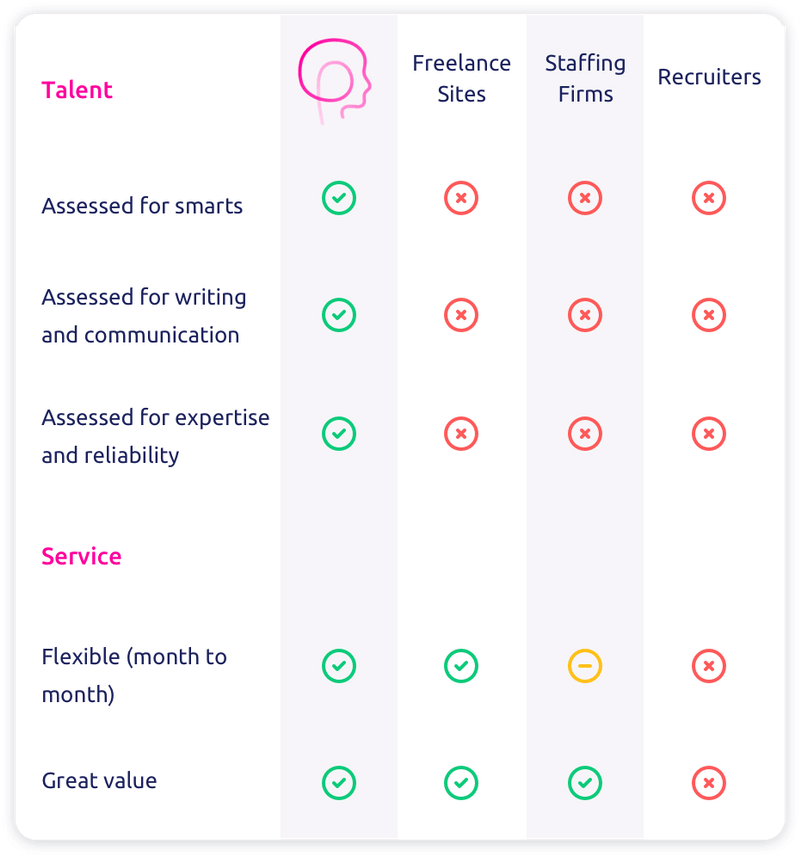What Is Workplace Diversity?
Workplace diversity refers to the differences among employees in an organization, including but not limited to race, ethnicity, gender, age, religion, sexual orientation, education, and cultural background. It is the recognition and appreciation of these differences, and the understanding that they bring unique perspectives and experiences to the workplace.
Diversity in the workplace is important because it can lead to a more creative and innovative work environment, where different ideas and perspectives are valued and considered. It can also help to attract and retain a diverse pool of talent, which can improve the overall performance and success of the organization.
However, it is important to note that diversity alone is not enough. In order to truly benefit from workplace diversity, organizations must also foster an inclusive culture where all employees feel valued, respected, and included.
For example, an organization may have a diverse workforce, but if certain groups feel excluded or marginalized, they may not be able to fully contribute their ideas and perspectives. Therefore, it is important to actively promote diversity and inclusion through policies, training, and other initiatives.
Why is workplace diversity important?
Workplace diversity is important because it brings together people with different backgrounds, perspectives, and experiences. This can lead to increased creativity and innovation, better problem-solving, and a more inclusive and welcoming workplace culture. Additionally, having a diverse workforce can help companies better understand and serve a diverse customer base.
How can companies promote workplace diversity?
There are several ways that companies can promote workplace diversity. They can actively recruit and hire people from diverse backgrounds, provide diversity and inclusion training for employees, create a culture of inclusivity and respect, and ensure that all employees have equal opportunities for advancement and leadership roles. Additionally, companies can partner with organizations that promote diversity and inclusion, and participate in events and initiatives that celebrate diversity.
Dos And Donts of Workplace Diversity
Dos
- Value and respect differences in culture, ethnicity, gender, age, religion, and abilities.
- Encourage open and honest communication among employees.
- Be inclusive and provide equal opportunities for all employees.
- Create a diverse and inclusive work environment by hiring individuals from different backgrounds and perspectives.
- Offer diversity and inclusion training to employees and leadership.
Donts
- Do not discriminate against any employee or candidate based on their race, gender, ethnicity, religion, or abilities.
- Avoid making assumptions about individuals based on stereotypes or prejudices.
- Do not tolerate any form of harassment or discrimination in the workplace.
- Avoid creating a work environment that is not inclusive or welcoming to all employees.
- Avoid ignoring or dismissing concerns or feedback from employees regarding diversity and inclusion in the workplace.

